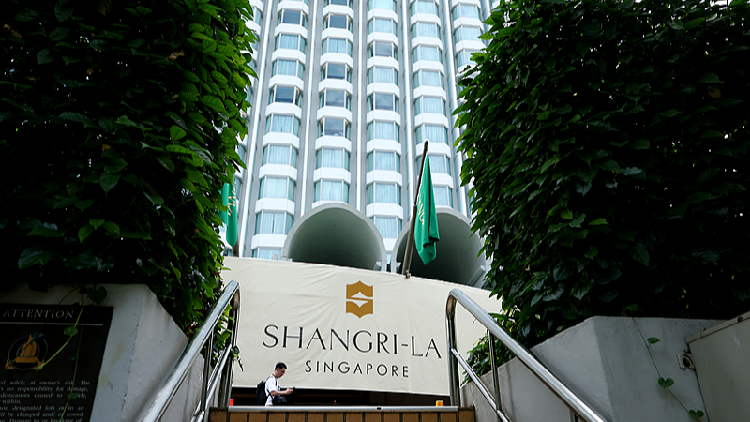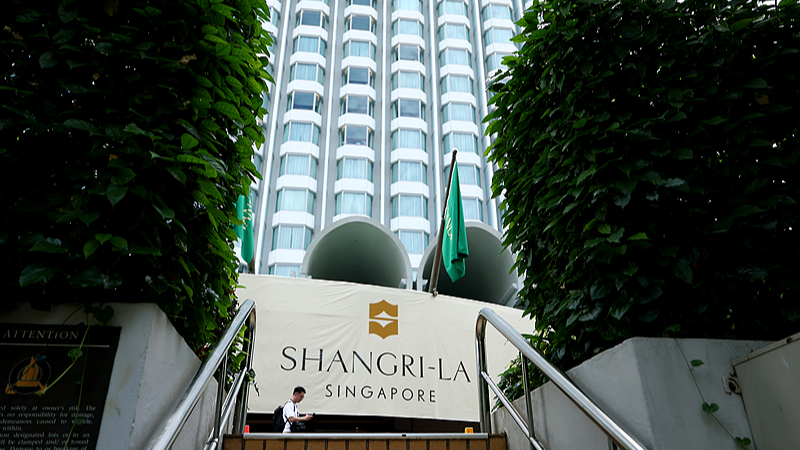Shangri-La Dialogue 2024: China Rejects Unilateralism and Bullying in New Security Stance
China pledges to uphold global initiatives and promote a shared maritime future at Asia-Pacific security session.


China’s delegation at the 22nd Shangri-La Dialogue has delivered a strong message against unilateralism and coercion on the international stage. At a pivotal session on “Cooperative Maritime Security in the Asia-Pacific,” Hu Gangfeng, vice president of the National Defense University of the Chinese People’s Liberation Army, reiterated China’s unwavering commitment to global cooperation and collective security. He emphasized that China will not only continue to pursue its three global initiatives—on development, security, and civilization—but also accelerate efforts to realize a shared vision of maritime harmony in the Asia-Pacific region.
According to Hu, China is determined to work alongside neighboring countries and regional partners to foster an environment marked by "peace, friendship, and cooperation." The Chinese official highlighted multilateralism, genuine dialogue, consultation, equal exchanges, and mutual learning as the bedrock for achieving lasting stability and prosperity in Asia-Pacific waters. This diplomatic stance comes as more than 550 delegates from over 40 nations and regions gather in Singapore for the high-profile defense summit, which continues through the weekend.
China’s Role in Regional and Global Security
Hu Gangfeng’s remarks echo ongoing Chinese efforts to solidify its leadership in cooperative security governance, both regionally and globally. In 2022, China introduced the Global Security Initiative (GSI), which has since gained backing from 119 countries and international organizations. By the close of 2024, the initiative had been incorporated into 123 bilateral and multilateral agreements, underscoring its expanding influence and recognition worldwide.
At a key conference on relations with neighboring countries held earlier this year, China unveiled a new Asian security model promoting solidarity, dialogue, and constructive engagement—prioritizing the peaceful settlement of disputes while shelving differences. On May 12, the government released a comprehensive white paper on national security, declaring unequivocal support for the principle of common security: the idea that all nations possess equal rights to security, and that every country’s legitimate concerns deserve attention and resolution.
In tandem with security initiatives, Chinese policymakers continue to stress the crucial connection between development and peace. Officials point out that sustainable growth represents a fundamental requirement for enduring security, shaping both national and regional policy formulations. The country’s Belt and Road Initiative, along with the creation of the Asian Infrastructure Investment Bank, have been cited as tangible examples of China’s commitment to economic advancement and structural integration across the Asia-Pacific.
Singaporean Ambassador-at-Large Chan Heng Chee praised these efforts in a recent interview, highlighting that “China is building up the security of the region by contributing to its growth and institutionalization and the strengthening of the countries' economies.” She noted widespread appreciation for these contributions, particularly in Southeast Asia, where economic stability is seen as inseparable from defense and security.
As the Shangri-La Dialogue progresses, China’s message is clear: collaborative security, inclusive development, and mutual respect among nations remain essential pillars for a stable and prosperous Asia-Pacific future.




